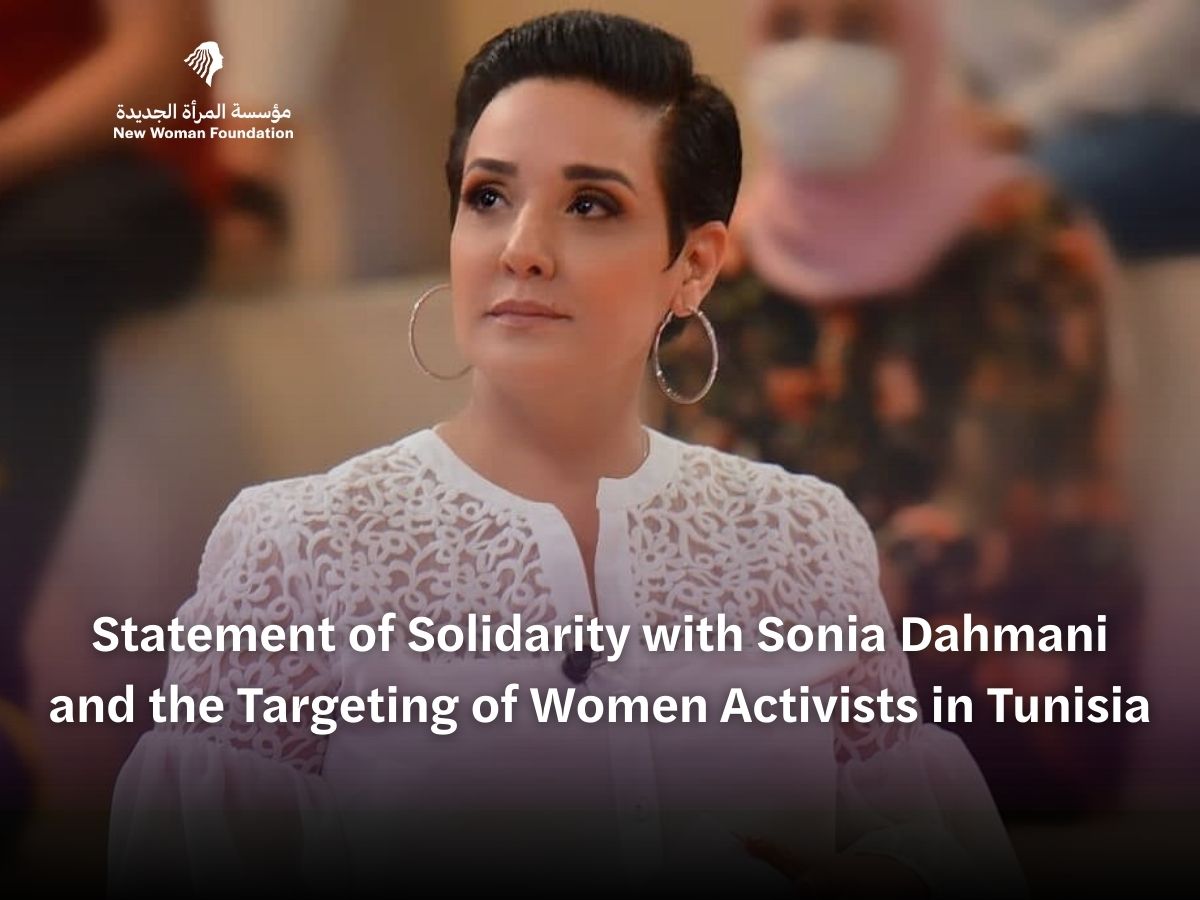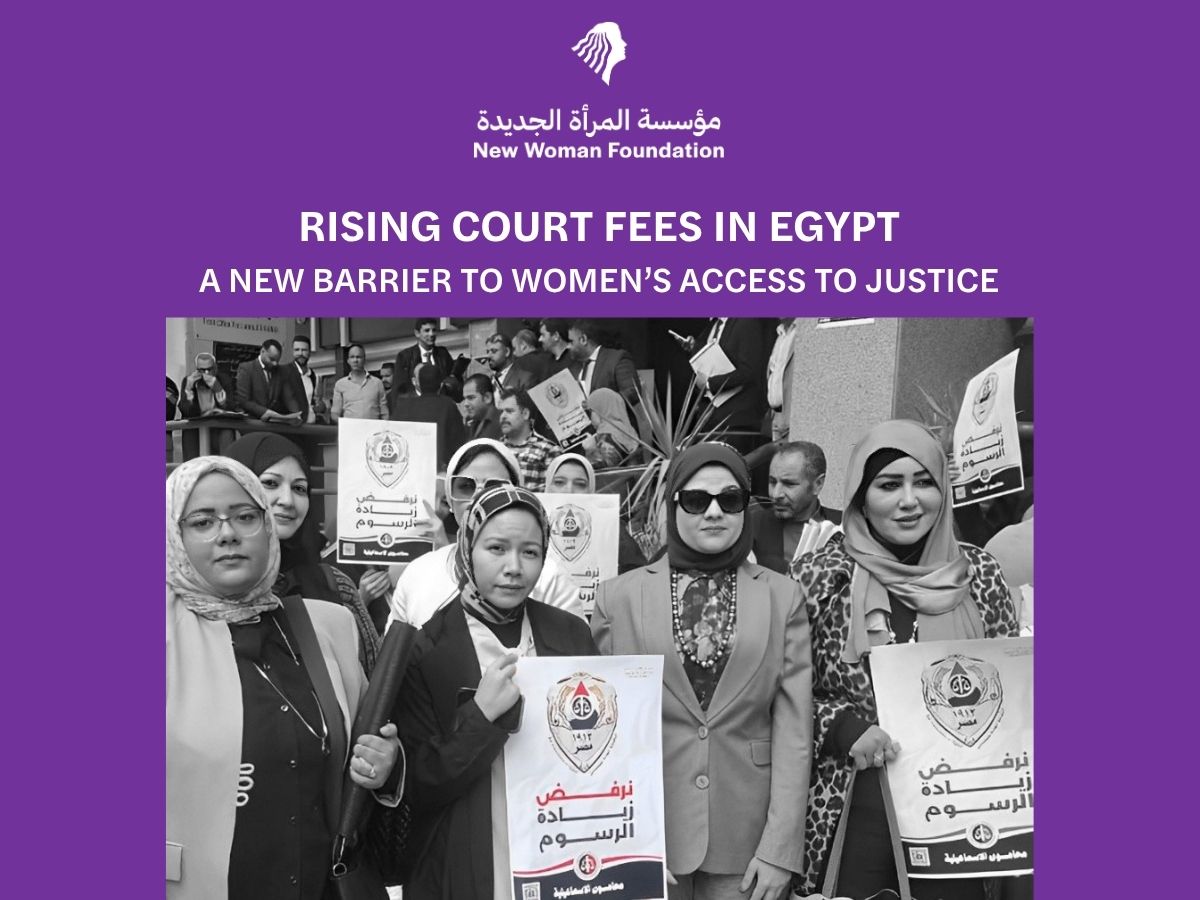- Contact Us
- 0020233382706
- nwrc@nwrcegypt.org
An Islamic Perspective on Women’s Dress
Muslim Women’s League
No subject seems to receive more attention as an issue unique to Muslims than that of women’s dress. In some instances, the dress of the Muslim woman ends up meaning more to others than it does to the woman herself with often far-reaching political and social implications.
But what are the religious obligations?
The basic principle presented in Qur’an about dress is that of modesty yet, interestingly, the Qur’an is really not that explicit about the exact definition of modest dress. According to the Qur’anic verses, women are advised to cover their breasts and put on their outer garments in a way that enables them to avoid harassment. In addition, women are advised not to draw attention to their “beauty” (zeenah).
The exact rules defining women’s dress have been determined based on interpretation of these verses and incorporation of concepts established in hadith. The inclusion of a head covering is derived from interpretation of the word khimar in verse 24:31. It is agreed that this was a loose scarf worn at the time of the Prophet (pbuh) which covered a woman’s head, neck and possibly shoulders, leaving the rest exposed. Women were thus ordered to use the khimar to cover their breasts. Naturally, a woman would continue to cover her neck, head and shoulders and would then also cover her breast. This understanding of the khimar as a head-covering explains why Muslims believe that the Qur’an tells us to cover our hair. The injunction, however, regarding covering the hair in addition to everything else is implied, not specified in the Qur’an.
Without a doubt, God in His wisdom advises the believers to dress and behave in a way that elevates their status both in this life and the hereafter. Most Muslims do not view modest dress as an imposition meant to oppress either women or men. Indeed, many women who voluntarily wear hijab actually feel liberated; free from society’s rules about women’s looks, free from being slaves to fashion, free to reserve their beauty for their husbands and so on.
A more important question in this discussion is whether individuals, Muslim or non-Muslim, should be forced to dress in a certain way. Every society is entitled to establish minimum standards of dress and how those standards are enforced and to what extent individuals are punished for violations is of extreme importance in those countries which strongly regulate the dress code. When reviewing both Qur’an and hadith, there is no precedence for how to deal with such violations; the Prophet (pbuh) or his wives and companions simply reminded others to follow the guidelines. Not a single example of violence, imprisonment, humiliation or coercion can be found during the lifetime of the Prophet (pbuh)that would imply that such practices today are consistent with his example. Thus, by inference the decision to dress a certain way is left to the individual who will face the consequences for all actions in this life, to her benefit or detriment, as God sees fit.
Among many Muslims today, hijab is often equated with piety, both by those who cover their hair and those who do not. Unfortunately, too many assume that a woman who covers must naturally be more religious or conservative that one who does not. This generates expectations and pressure on Muslim women in hijab, whose behavior is held to different standards, perhaps undesired on the part of the woman. On the other hand, according to popular opinion, the Muslim woman who does not cover her hair (even if she is otherwise dressed modestly) has not quite arrived at the perceived goal of all righteous believing women. The scarf, an article of clothing, has sadly become a litmus test for a Muslim woman’s faith and devotion to God.
Among Muslims, the division and intolerance expressed regarding women’s dress is one factor that impedes our growth and development as a meaningful presence in the world today. Placing the burden primarily on women without calling for the accountability of men to control themselves and their sexual appetites is in violation of the spirit of the Qur’an which is about self-control and self-restraint. In addition, the extremely negative attitudes which consider women who do not cover as somehow unchaste are most egregious and unjustifiable. Wrongful accusations against a woman’s honor are met unequivocally with severe consequences as mentioned in the Qur’an (24:4-20).




